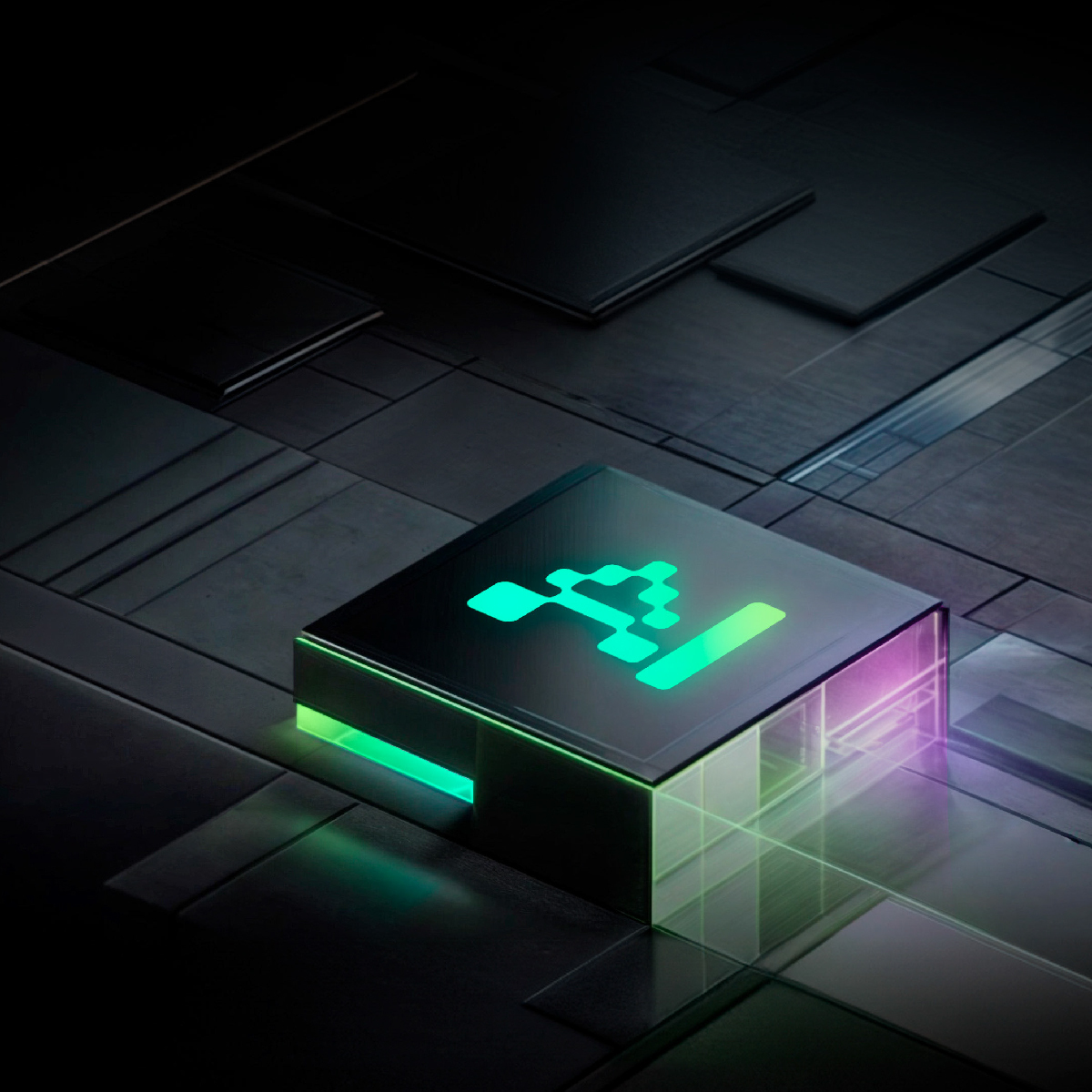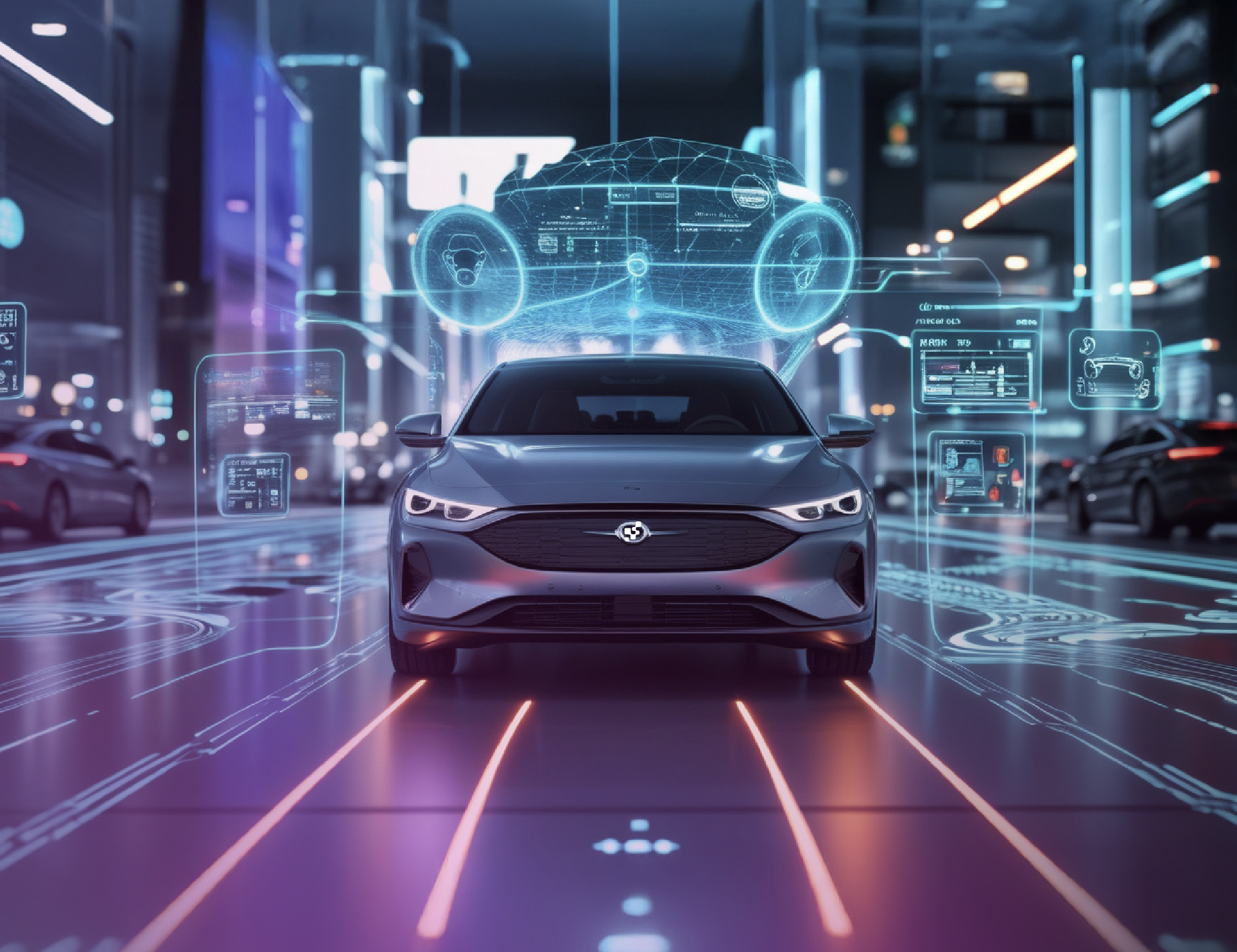Join our newsletter



Modern automotive manufacturing undergoes substantial industrial changes because of artificial intelligence research developments. Academic institutions use AI-based models as a fundamental technological force to improve safety features and production processes and develop customized user experiences that essentially define the future of mobility.
Self-driving vehicles represent one of the main explosive innovations occurring primarily because of AI technology developments in automotive manufacturing. Self-driving vehicles need highly sophisticated AI algorithms computer vision and machine learning to transform sensor data into real-time perception of objects for making critical decisions. Multiple sensing technologies unite with cameras, radar, lidar, and GPS to establish an updated and detailed model of the environmental surroundings around the vehicle.
Major automotive companies including Tesla, Waymo, and General Motors are driving autonomous vehicle development for both city streets and interstates along with functioning in adverse weather scenarios without much human involvement. Three AI-driven autonomous mobility initiatives—the Full Self-Driving (FSD) suite from Tesla and the robotaxi services from Waymo along with GM’s Cruise initiative—show how Artificial Intelligence approaches the commercialization of self-driving vehicles.
Multiple advantages emerge from autonomous driving technology because it reduces mishaps from human errors while opening transportation for people who need help with mobility, saving fuel, and enhancing routes to ease traffic jams. Future evidence suggests that autonomous vehicles will become widespread after achieving regulatory compliance and gaining public trust throughout the following ten years.
Modern autos feature AI-powered safety equipment which lowers accident risks to significant levels. The systems utilize current information collected from cameras together with radar and lidar sensors to observe and react in advance to possible perils facing the automobile.
Key AI-driven safety technologies include:
Predictive analytics through artificial intelligence technology now serves as the replacement for conventional vehicle service schedules. Vehicle sensor data allows AI-powered systems to assess current performance thus detecting abnormal patterns that lead to component failure predictions.
AI tracks engine operational data and tire pressure alongside braking system status and battery vitals for performing maintenance before failure to minimize both unplanned breakdowns and repair expenses. The predictive systems warn drivers about required vehicle repairs before equipment failures happen which results in better safety and reliability.
Automotive companies use AI technology to enable their vehicles to scan problems automatically and initiate visits to service centers through self-diagnostics systems. This technology allows improved customer satisfaction by protecting the vehicles' optimal performance condition.
Manufacturing of automobiles undergoes a transformative process under AI because it optimizes production flows and enhances quality checks and supply chain network control.
Real-time automated checks happen through AI computer vision which uses artificial intelligence to monitor elements with greater precision than human workers in quality control. Quality enhancement along with reduced production mistakes becomes possible through this system.
Prospective factory management uses AI technology to track manufacturing equipment which detects upcoming machine breakdowns thus enabling operational effectiveness and downtime reduction.
Predictive analytics enabled by AI systems allow manufacturers to use data analyses which help them determine future market requirements so they can improve inventory management and prevent supply interruptions. The global semiconductor shortage became manageable due to AI-assisted logistics systems which contributed significantly to decrease production delays during this period.
Automakers Toyota together with BMW and Ford are utilizing AI to construct flexible production systems that enable faster delivery of automobiles while delivering top-quality results.
Through AI technology the company provides customized services as well as improved infotainment systems.
AI uses technology to deliver customized experiences throughout every vehicle journey from inside the car to contact with the outside world.
Advanced in-car technologies allow drivers to command their vehicle systems through voice activation because of AI algorithms used in Mercedes-Benz MBUX alongside BMW Intelligent Personal Assistant.
The system uses AI to examine driving patterns individual choices and external factors which enables it to automatically modify the operation of seats and lighting systems together with climate controls.
Real-time data processing through AI-powered navigation delivers optimal routes and traffic congestion prevention and boosts driving performance according to systems from Google and Tesla.
Through artificial intelligence systems drivers receive recommendations for car maintenance updates while AI also suggests fuel-saving driving approaches as well as provides dealership and service center discount alerts.
More advanced personalization elements from AI development will enter the automotive industry to make driving more convenient as well as efficient and enjoyable.
Artificial Intelligence has transformed automotive industries through its advancement of safety systems and operational efficiency as well as its improvement of user interface products. Rapid development of self-driving vehicles exists alongside AI-driven safety improvements and predictive care that decreases repair time as well as AI-supported industrial operations that enhance manufacturing operations. The interaction spectrum of drivers with their automobiles has changed because of AI-driven individualized approaches.
AI technology will hold essential importance in the development path toward smart cities vehicle-to-everything communications and next-generation electric vehicles. AI technology continues to advance so its effects on automotive industry development will expand to establish a safer and smarter future of connected mobility. Be a part of this revolution and leverage AI for your business!
Our team is ready to help you create the next AI-based automotive solution. Contact us at sales@kenility.com to learn more.